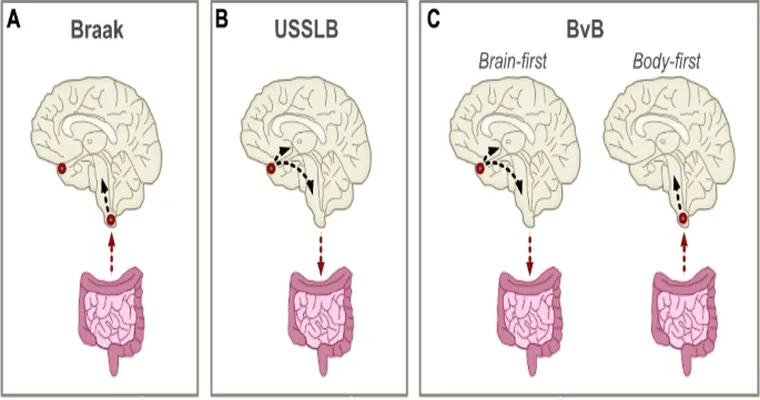Navigating the challenges of caring for a "dad with Lewy Body Dementia" can be particularly daunting, especially when he begins to "refuse medication". This condition, characterized by a combination of cognitive decline and various physical symptoms, can lead to significant changes in behavior and decision-making. When an elderly parent starts to reject their prescribed treatments, it can cause distress not only for them but also for caregivers who want to ensure their loved one remains healthy and safe.
Understanding the reasons behind this refusal is crucial. Individuals with "Lewy Body Dementia" often experience fluctuations in their mental state, which can lead to confusion, paranoia, or hallucinations. These symptoms may make them reluctant to take medications that they might perceive as harmful or unnecessary. Moreover, the side effects of certain medications can be particularly troubling for someone with this condition, leading to a heightened sense of anxiety or discomfort.
As a caregiver, it is essential to approach the situation with empathy and patience. Here are some strategies that may help when dealing with a "dad with Lewy Body" who is refusing medication:
1. "Open Communication": Engage in a calm and supportive conversation with your dad. Ask him about his feelings regarding the medication. Understanding his fears or concerns can help in addressing them more effectively.
2. "Consult Healthcare Professionals": Reach out to his doctor or a specialist in dementia care. They can provide insights on alternative medications or adjustments to the current regimen that may be more acceptable to him.
3. "Simplify the Medication Routine": Sometimes, the complexity of a medication schedule can be overwhelming. Simplifying the routine or combining doses can make the process less intimidating.
4. "Involve Other Family Members": Sometimes, hearing advice from other family members can make a difference. Encourage open discussions about the importance of medication and involving loved ones can provide additional support.
5. "Explore Non-Pharmacological Interventions": If medication refusal continues, explore non-drug approaches to managing symptoms. Activities such as music therapy, art therapy, or regular physical exercise can offer significant benefits.
6. "Monitor His Health Closely": Pay attention to any changes in his condition. If refusing medication leads to noticeable declines in health, this information can be critical for discussions with healthcare providers.
7. "Be Patient and Flexible": It is important to recognize that this is a challenging journey. There may be good days and bad days, and flexibility in approach is essential.
8. "Seek Support for Yourself": Caring for someone with "Lewy Body Dementia" can be exhausting and emotional. Make sure to seek support for yourself, whether through support groups, counseling, or talking with friends and family.
In conclusion, a "dad with Lewy Body" who is refusing medication presents unique challenges that require understanding and compassion. By employing effective communication, exploring alternative treatments, and seeking professional guidance, caregivers can navigate this difficult situation. Remember, your support can make a significant difference in his quality of life, even as you face the complexities of "Lewy Body Dementia" together.





